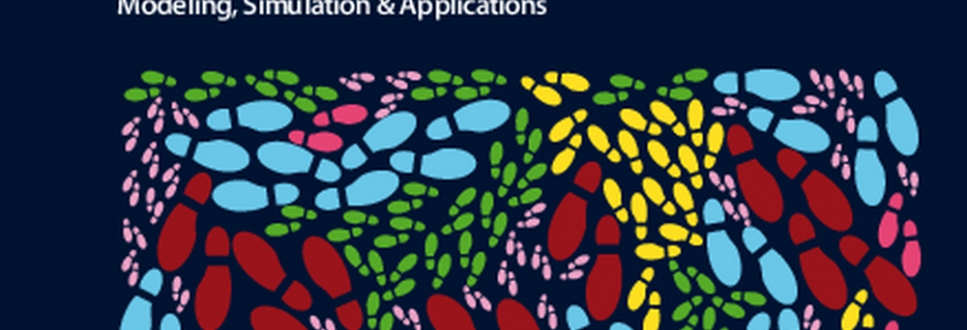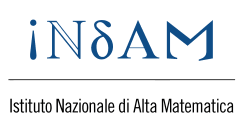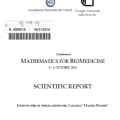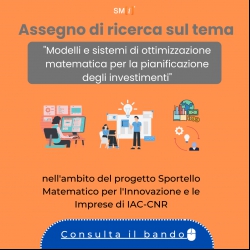
Mathematical modelling and control for Healthcare and Biomedical Systems (MCHBS 2020)
2020-09-08
The MCHBS 2020 workshop will be held in Rome from 8 to 10 of September 2020. Deadline for abstact submission is May, 1, 2020.
Mathematical modelling and control for Healthcare and Biomedical Systems (MCHBS 2020) is a multidisciplinary international workshop that focuses on modelling for biomedical technologies and healthcare and provides a unique meeting place for scientists in the field to present their latest research. The workshop is a formal activity of the European Consortium of Mathematics in Industry (ECMI) Special Interest Group on Implantable Devices & Drug Delivery Systems. The workshop will be held in Rome from 8 to 10 of September 2020. Academicians working on the above themes from any discipline (e.g. mathematicians, chemists, biologists, engineers, etc.), Clinicians, Industrialists and Students are welcome to attend.
MCHBS 2020 key dates are the following:
5 February 2020 Abstract Submission opens
1 May 2020: Abstract Submission Deadline
31 May 2020: Notification of Acceptance
1 June 2020: Early Registration opens
5 August 2020: Early Registration closes
31 August 2020: Late Registration closes (no further participants will be admitted)
This event will build on the highly successful previous editions of MEDDS (Modelling & Experiments in Drug Delivery Systems), which took place in Coimbra (2016) and Glasgow (2018, sponsored by ECMI), as well as on symposia at ECMI2016 (Applied Mathematics in Stent Development), ECMI2018 (Mathematical Modelling in Biomedical applications), SIMAI2018 (Advances in Mathematical Modeling in Biology and Medicine), ECMTB2018 (Recent trends in the modeling and control of the glucose-insulin system), with an added emphasis on industrial and clinical problems.
Mathematical models and computer simulations are playing an increasingly important role in medicine, since they represent a useful tool to complement theoretical and experimental work. Moreover, models pave the way for investigating control problems consisting of personalized approaches for patient treatment. Smart healthcare and medical devices have become common in clinical everyday use. Popular examples include insulin pumps, inhalers and ventilators for breathing conditions, as well as implants, microcapsules and nanoparticles for drug delivery. Many of these technologies are controlled drug delivery systems, combining a platform or a carrier with a drug to be delivered efficiently to a target tissue or organ, while maintaining the dose within a therapeutic window. While many have achieved successful results clinically, there remain a number of scientific and technological challenges and an opportunity for further fine-tuning and optimization. Addressing these challenges requires multi-disciplinary approaches and competences ranging from clinical expertise and academic research to the industrial sector.













